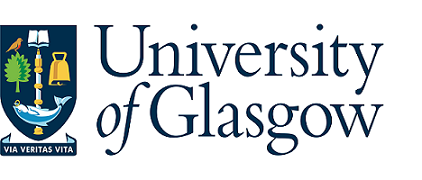- ...
Postgraduate Studentships - Search for funding opportunities.

 An important disclaimer before I start: I can only speak to my own experience with a postgraduate taught degree in Education, Public Policy & Equity. This degree falls under the social science category and its difficulty level may differ from other Postgraduate degrees that fall under the more scientific and technical umbrella.
An important disclaimer before I start: I can only speak to my own experience with a postgraduate taught degree in Education, Public Policy & Equity. This degree falls under the social science category and its difficulty level may differ from other Postgraduate degrees that fall under the more scientific and technical umbrella.
Now that the disclaimer is over and done with, let’s move on to the degree itself, and the kind of challenges you can expect. The majority of the Postgraduate taught programs finish in under one year, which makes for an extremely hectic year! International students are restricted to only 20 hours of part time work, which is a limit that is set to allow them to focus more on their coursework. Once you register for your courses, (which are only about three courses in a given semester) you can find yourself feeling a bit complacent about the workload. I mean, a 6 hour study week seems very easy to handle, right? Wrong! The coursework is pretty much self-lead, and while the lectures themselves are extremely interesting, they are not particularly challenging in and of themselves.
The majority of the workload comes before the lectures themselves, where assigned readings are set to be devoured before the beginning of classes. Alongside these readings, you will be provided with a set of questions that will allow you to focus on the more important aspects of the readings themselves. These questions are then discussed amongst your peers and can allow you to gain a greater insight about how these theories can be observed in real life.
Perhaps the most interesting aspect of these discussions were how they brought to light the intrinsic differences of lifestyles and points of view that arose from the internationally diverse cohort. So, while studying the theories and policies that were forwarded by the great educational theorists, we would see them displayed in the schools of China, the policies of the US, and the universities across the world. Such perspectives were a personal favourite of mine for this course and were extremely illuminating.
The assessment criteria vary for each class and can range from a single summative assessment at the end of the semester, or small formative assessments throughout the course. Some of the courses also have written exams, although they allow students 24 hours to write up on their essay responses to the set questions. The final semester of the degree involves solely working on the dissertation itself, which is a challenging assessment that relies heavily on the student’s ability to self-regulate and self-discipline. Because while your dissertation supervisor may provide you with support and direction, you are ultimately the one with their hands on the wheel.
All in all, the degree programs are designed to captivate your interest, and while they are extremely challenging, they impart you with the know how of navigating amongst a diverse range of viewpoints, leaving you with a richer worldview.
Hear more from Postgraduate students at the University of Glasgow

A history of securing bright futuresThe University of Glasgow established in 1451 is the fourth-oldest university in the English-speaking world, and r...